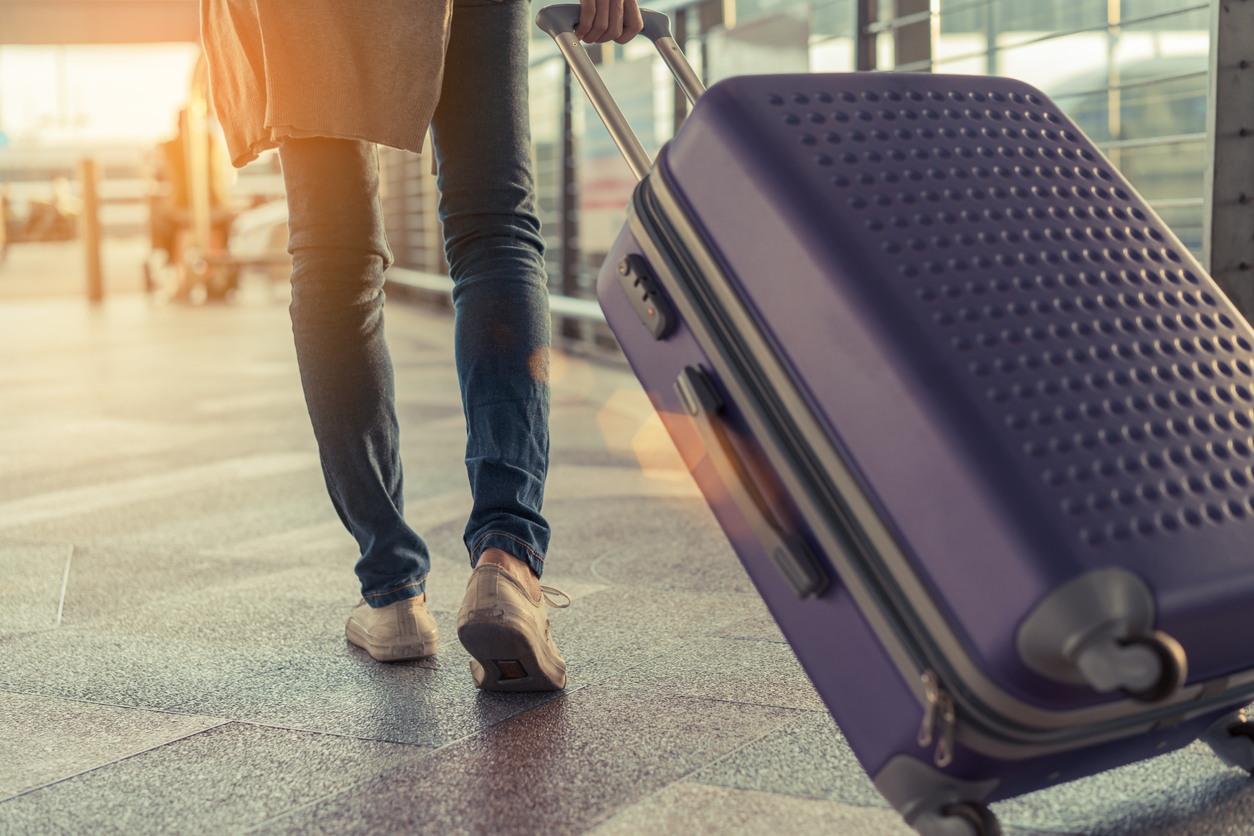Top tips: Keeping happy and healthy as a new expat

Top tips: Keeping happy and healthy as a new expat
There are many reasons to be an expat; to become a more employable candidate, gain life experience or just test yourself in a new working culture.
But while working abroad can be a rich and rewarding experience, relocating your life and home can be challenging if you don’t know how to keep take care of yourself whilst away. Wherever in the world you are moving to, it’s important to look after your own wellbeing and stay healthy.
Use the following top tips to ensure you make the transition from native to expat in the smoothest way possible.
1. Aid your circulation
Just getting from A to B can be one of the most challenging parts
of moving away, especially for those with children. If you’re travelling via airplane, health experts recommend
that you move around the cabin every hour to aid circulation and avoid crossing your legs when sitting. Ear pain
is also common due to regular pressure changes while flying. This can be eased by chewing, yawning or swallowing
continuously during takeoff and landing.
2. Slowly adjust to the climate
Adjusting to
a different climate can take time. If your body is not accustomed to drastic changes in temperature and humidity,
a new country can weaken your immune system and increase your risk of getting ill. The best way to acclimatise is
to take it easy when you first move and slowly expose yourself the new conditions. Increase the amount of
exposure each day until your body is fully adapted. Elderly people and small children should avoid being outside
during the hottest or coldest periods of the day.
3. Ease into your daily routine
It’s
also common for travellers to experience jet lag if they are moving across timezones, which can affect
well-being, causing indigestion, daytime fatigue and insomnia. Exercising and eating a protein rich meal after
you arrive will help relieve the symptoms and the sooner you try to ease into a normal daily routine, the better.
4. Watch what you eat
Once you begin adjusting to your new surroundings, it‘s
important to stick to your normal diet as your stomach may not yet be accustomed to the local food. Peelable
fruits and vegetables are generally safe but be cautious with foods that are high risk, including meat, poultry,
eggs, and seafood. If you are not certain whether the water is safe, drink bottled water.
5. Stay
in the shade
Many expats move away to get more sun. If your stay entails spending lots of time
outside, it’s advised that you apply sun protection of at least SPF15 and take constant breaks in shaded areas.
It’s not only on hot and sunny days that the sun can be damaging to your health too. In fact, in some countries
(Australia, for example), health experts recommend you apply sun protection all year round, including cloudy
winter days.
6. Ask for help when needed
Lastly, some expats find that their new
environment may cause stress, anxiety, or even depression. New customs, language barriers, weather, and food can
all impact your mental health. This is defined as a common case of ‘culture shock’, which is very normal –
especially for new expats. Learning to cope with your new surroundings takes time and you shouldn’t expect to
feel at home right away. If you suffer from culture shock – seek help.





